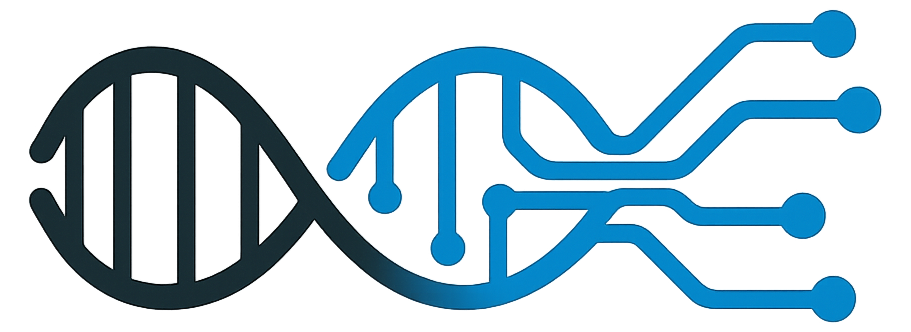🎸 My Writing Partner is Made of Wires and Code (and That’s Okay)
I should start with a confession: I use AI to help me write this blog.
Not “use AI” the way a student does when they panic at 2 a.m., paste their essay prompt into a chatbot, and call it a night. That’s the academic equivalent of microwaving a frozen pizza and convincing yourself you’ve “cooked dinner.” Technically, calories are consumed. Spiritually, you’re still hungry.
When I say I use AI, I mean it the way The Edge from U2 uses echo.
If you’ve ever listened to U2 with real attention—the kind of focus normally reserved for NASA scientists parsing alien radio signals—you’ll notice that The Edge isn’t just playing guitar. He’s playing time. His delay pedal takes a note, bounces it back milliseconds later, and layers it into a lattice of sound. The echo isn’t just an effect, it’s part of the instrument. The silence between notes matters just as much as the notes themselves. The result is that a single guitar can feel like an entire band, a small sound filling an arena.
That’s how I use AI. I bring the chords—the concepts, the skeleton of the piece, the strange little metaphors about coffee machines or penguins. AI bounces them back, reshapes them, occasionally tosses in a harmony I didn’t think to play. I decide which echoes stay, which fade, and which never should have existed in the first place.
When a student uses AI to write a paper, it’s different. That’s not using echo—it’s karaoke or air guitar. You might look like you’re creating something, but the sound isn’t yours. No calluses on your fingers, no personal fingerprint in the phrasing. And while karaoke can be glorious at 1 a.m. in a dive bar, it won’t teach you how to play an actual song.
This distinction—AI as collaborator versus AI as stand-in—is about to spill into every creative field. Photographers will either use AI like a darkroom, enhancing what they actually shot, or they’ll conjure images out of thin air and pretend they ever saw that golden retriever surfing in real life. Cooks might use it to suggest spice pairings or scale down a recipe for two, or they’ll outsource the entire process to a machine while scrolling TikTok. In both cases, you either make something real and let the tool refine it, or you pretend to make something and hope no one asks too many questions.
And then there’s the looming “Instagram Effect, but supercharged.” Social media already gave us curated reality—perfect vacations, spotless kitchens, “just woke up like this” selfies that took 47 tries. AI threatens to crank that to eleven. Soon, you might not just be brightening your photo—you’ll be inventing the vacation. The cliffs will be higher, the ocean bluer, the smiles calibrated by algorithm to look exactly as joyful as you wish you’d felt. We’ve already been living in the highlight reel; AI hands us the keys to a fully scripted movie.
The danger isn’t just that reality will get harder to spot—it’s that pretending will get easier than creating. And when making becomes optional, the number of people who choose it might shrink. That’s when the world gets a little less human.
Which is why I keep coming back to The Edge. Echo, in his hands, doesn’t replace the player—it enlarges him. It lets one guitar sound like a hundred, without pretending there’s anyone else in the room. That’s how I use AI. It doesn’t hand me a finished song; it makes the walls taller so the sound has somewhere to go.
If you could peek over my shoulder, you’d see me at a desk, tapping out a sentence, tossing it to the AI, watching the reply scroll in like a returning note. I take the ones that sing, mute the ones that clang, and play the next chord.
Without AI, I could still play the songs. But with it, the room is bigger, the air warmer, the notes longer-lived. It’s the difference between humming in your kitchen and singing in a canyon—your voice is still your own, only now it comes back to you, multiplied.

